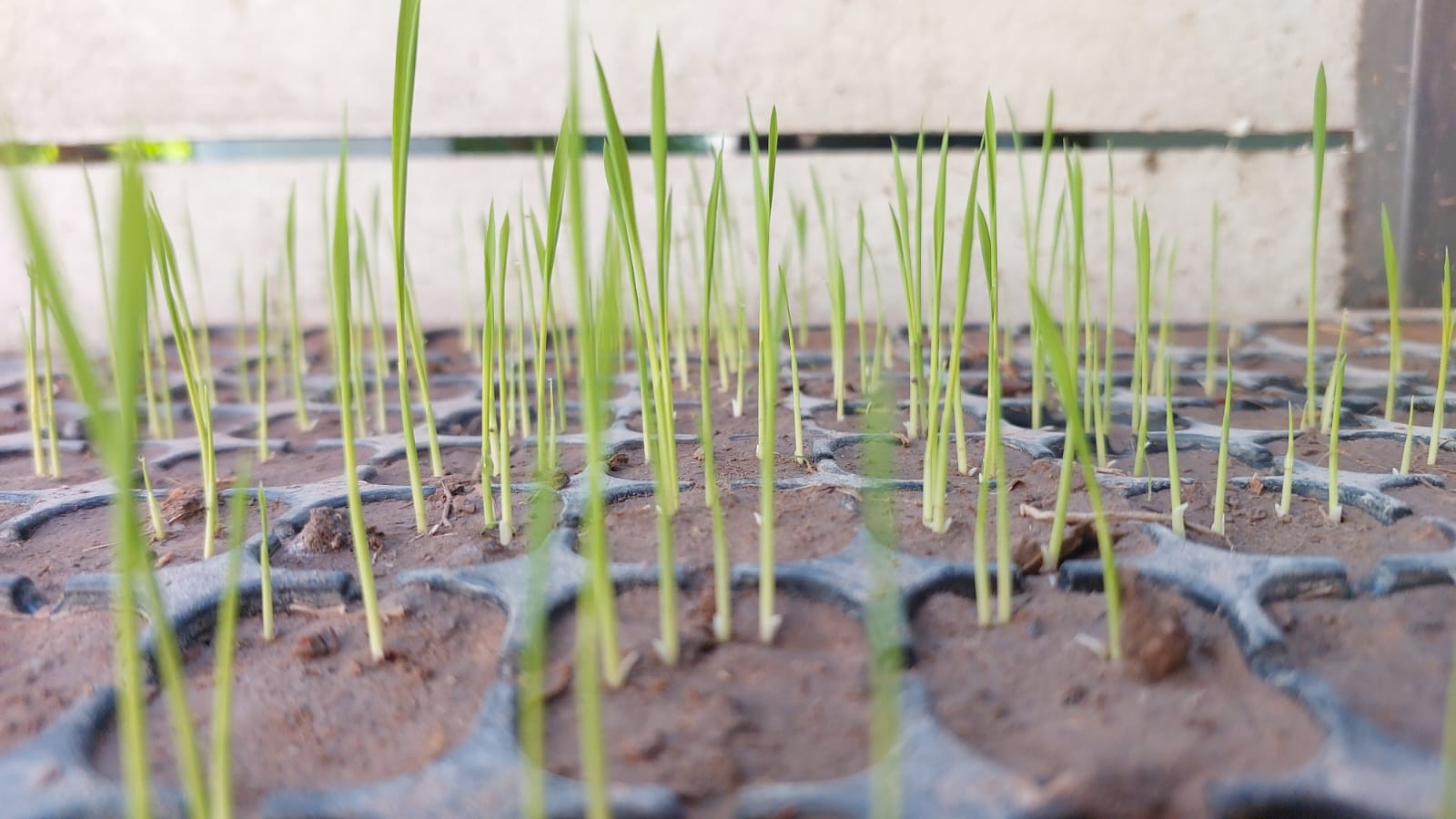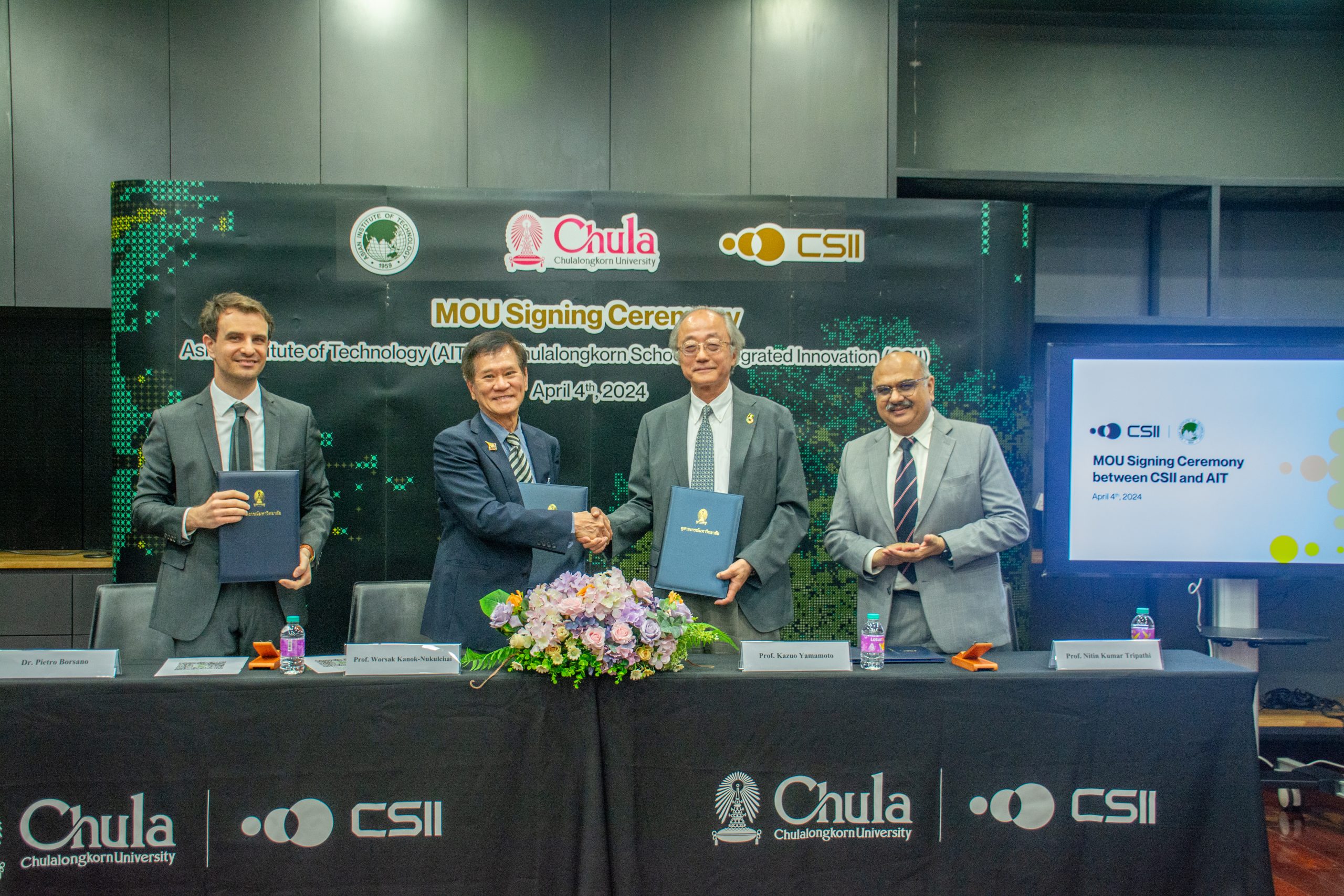AIT faculty members Prof. Shobhakar Dhakal, Prof. P. Abdul Salam, and Prof. Joyashree Roy attended COP 27, the 2022 UN Climate Change Conference, held in Sharm El Sheikh, Egypt on 6th – 18th November 2022. The Conference of Parties of the UNFCCC (COP) is one of the largest global meetings of leaders, scientists, and experts to discuss and agree on policies to limit global temperature rises and adapt to the impacts associated with climate change. The conference has been held annually since the first UN Climate Agreement in 1992.
This year, the conference was attended by over 100 heads of states, along with an estimated 35,000 representatives and delegates from 190 countries. The conference also marked the first summit to be held in Africa since 2016. Various high-level and side events, key negotiations, and press conferences were hosted at the event. The event concluded with the historic decision to establish and operationalize a loss and damage fund.
Prof Shobhakar Dhakal, Vice President of Academic Affairs, AIT, was one of the speakers in the session ‘Current status and future perspectives on greenhouse gas emission mitigation and impacts’. The session was organized by Japan Agency for Marine-Earth Science and Technology (JAMSTEC).
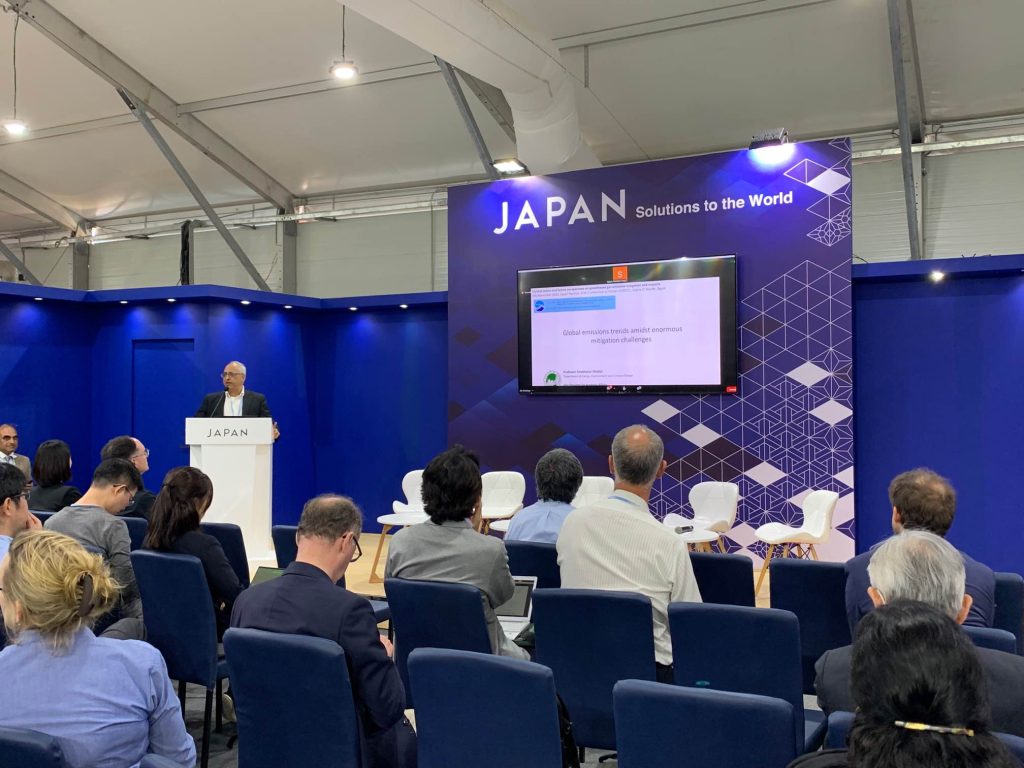
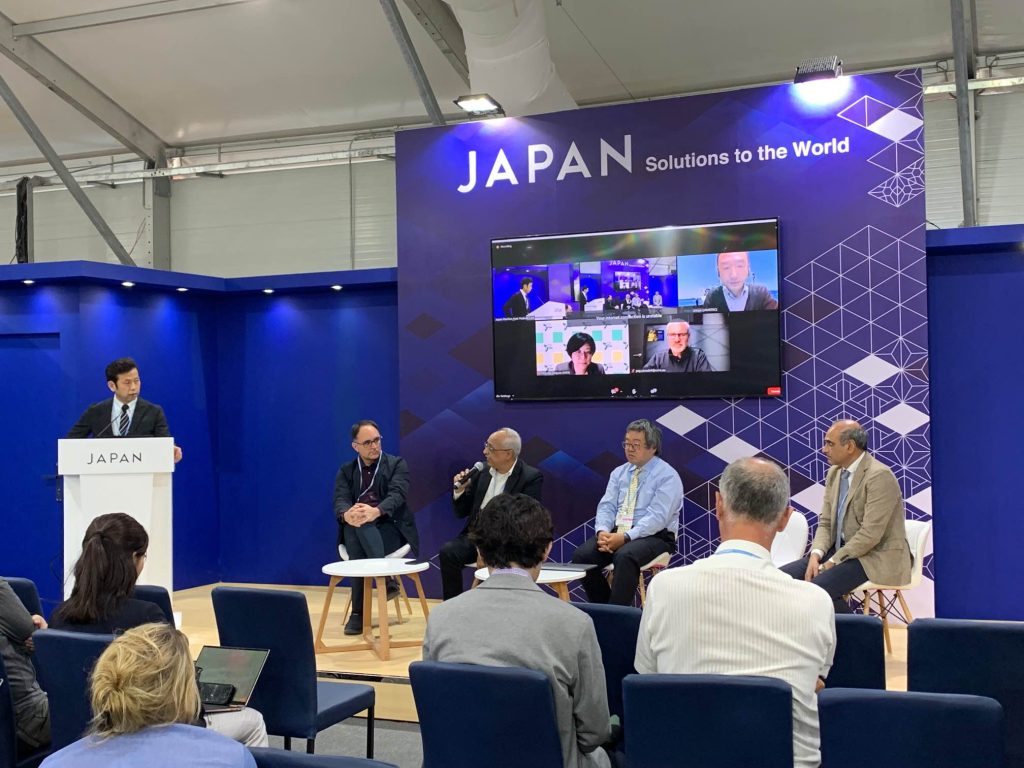
The session discussed the emerging science on the control of greenhouse gas emissions and future challenges in order to achieve the climate change mitigation goals, as laid out in the Global Methane Pledge (30% reduction by 2030) and more ambitious Nationally Determined Contributions towards net-zero emissions by 2050.
Prof. P. Abdul Salam of Sustainable Energy Transition Program of Asian Institution of Technology (AIT) was recently appointed as a member of Council of Engineers for the Energy Transition (CEET) (www.unsdsn.org/ceet). CEET has convened for the first time at the UN climate change conference (COP27) and has released a statement calling for the rapid deployment of commercially available clean energy technologies, for accelerated development and deployment of emerging technologies, and for research to develop additional innovative solutions (unsdsn.org/ceet#CEETStatement).
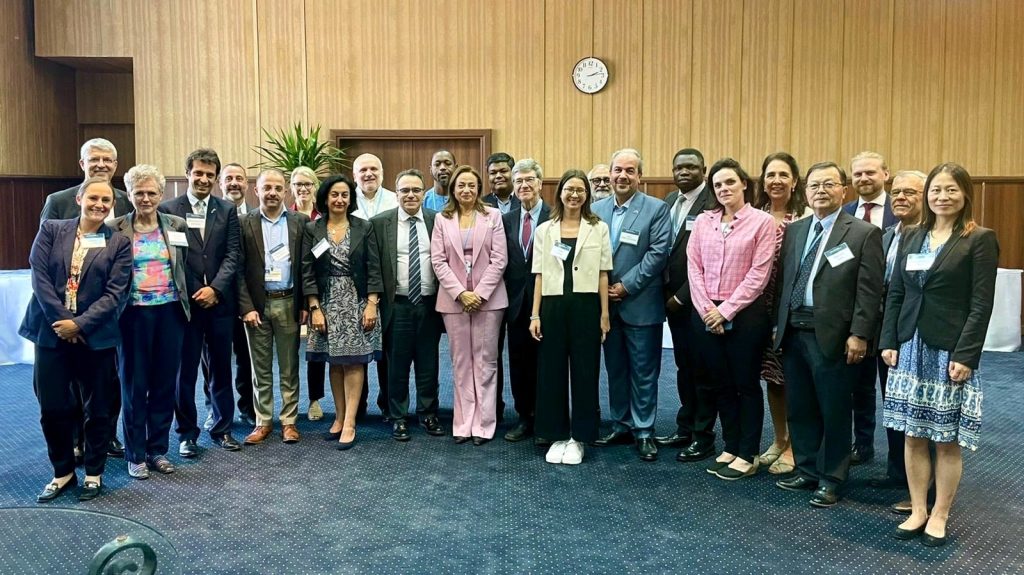
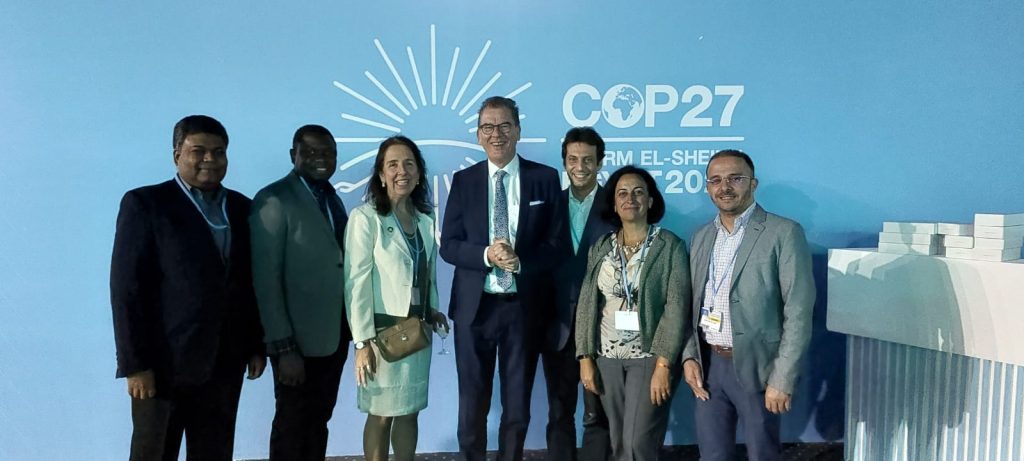
Prof. Abdul Salam participated in the two day’s internal meetings of the Council of Engineers for the Energy Transition and three side events:1. Scaling technologies to deliver energy transition, 2. The role of engineers in implementing the energy transition, and 3. CEET statement release, organized by the CEET.
Prof. Joyashree Roy and Dr Shreya Some from AIT attended as panelists for the IPCC event on “Managing climate change through demand side responses”. The session aimed to link demand-side responses to more practical aspects of policy and governance, identifying which policies facilitate demand-side action and how these can be implemented by the government.
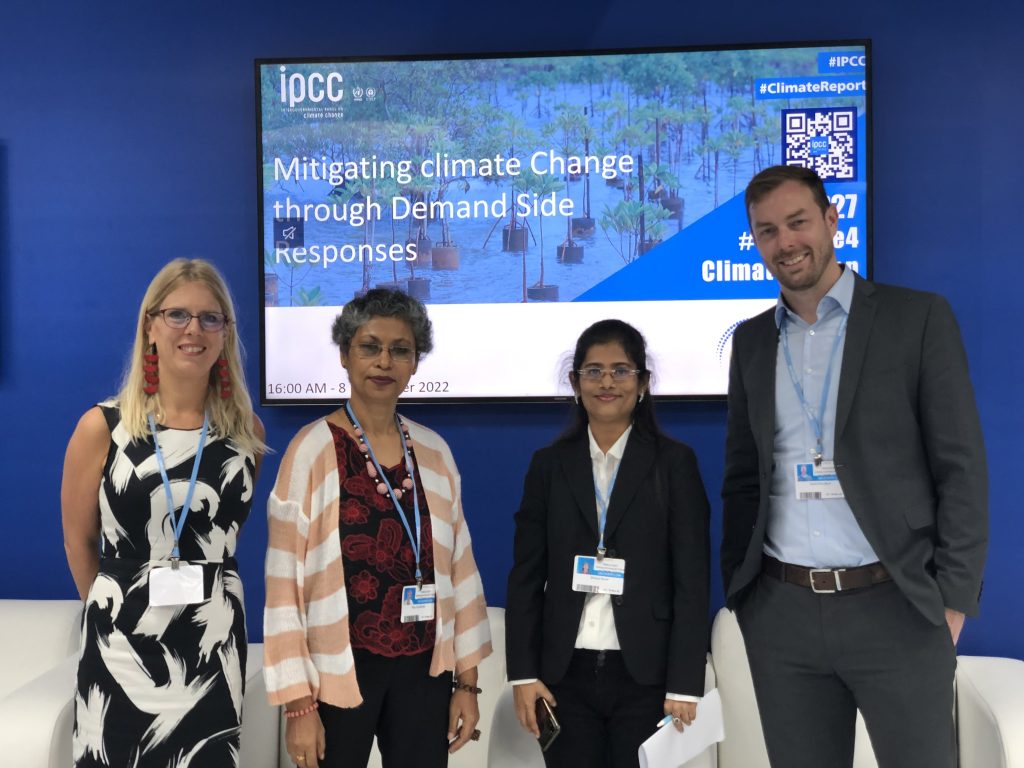
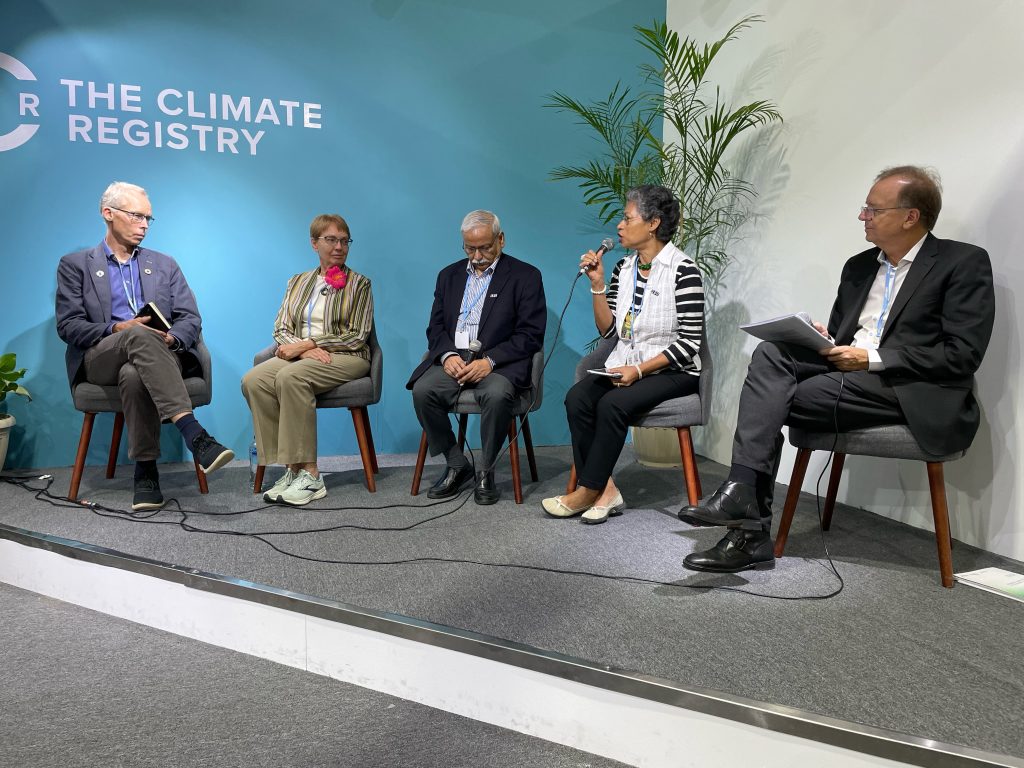
Prof Joyashree, also talked in the “Meeting multiple policy targets of development and mitigating global crises through demand solutions” session, discussing climate strategies and the importance of including women in climate policy planning and implementation. She further spoke at the “10 New Insights in Climate Science 2022 and the COP27 Agenda” event at the Pathways to 1.5 pavilion. She was also a panelist at The Singapore Pavillion on the Asian cities event, where she presented the principles of climate resilient development, explaining why they are important in Asian cities and discussing how they can be achieved through policies and the involvement of multiple municipal agencies and stakeholders. In addition, Prof Joyashree Roy spoke at a side event at German pavilion which was organised by Youths to understand how the future transformation can be managed without harming the future generation. She also moderated Energy Demand Changes Induced by Technological and Social Innovations (EDITS) event in Japan Pavillion. In the IPCC Pavillion she also moderated a session on Climate Justice and Gender.



